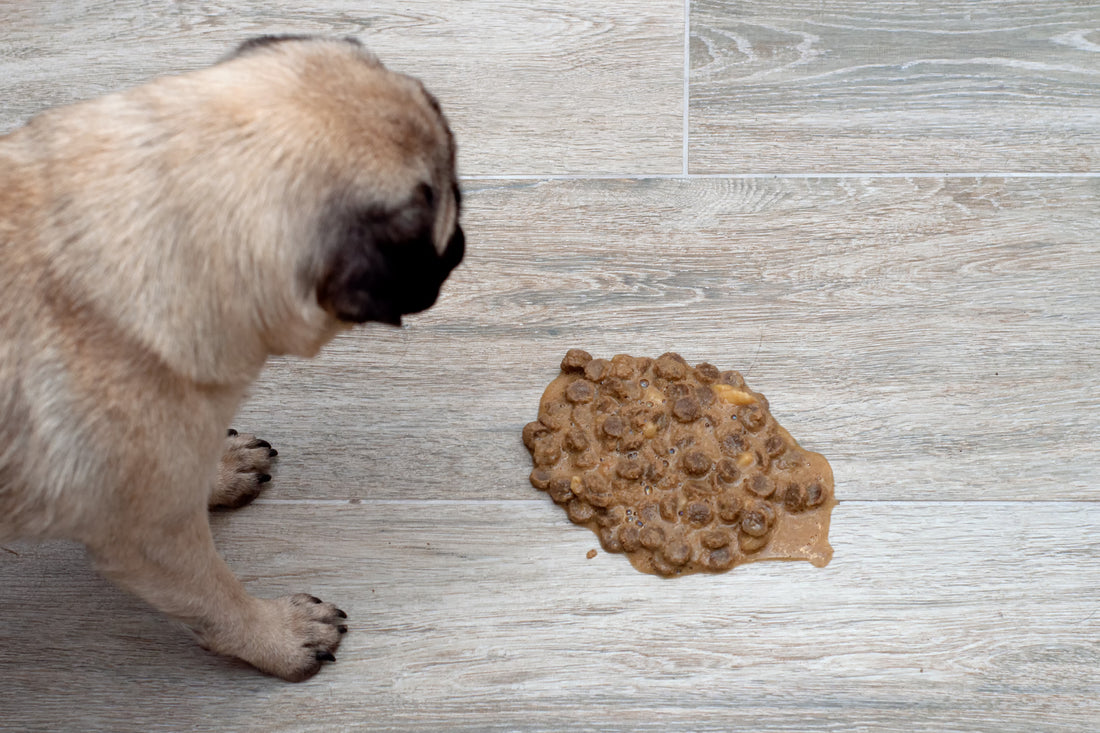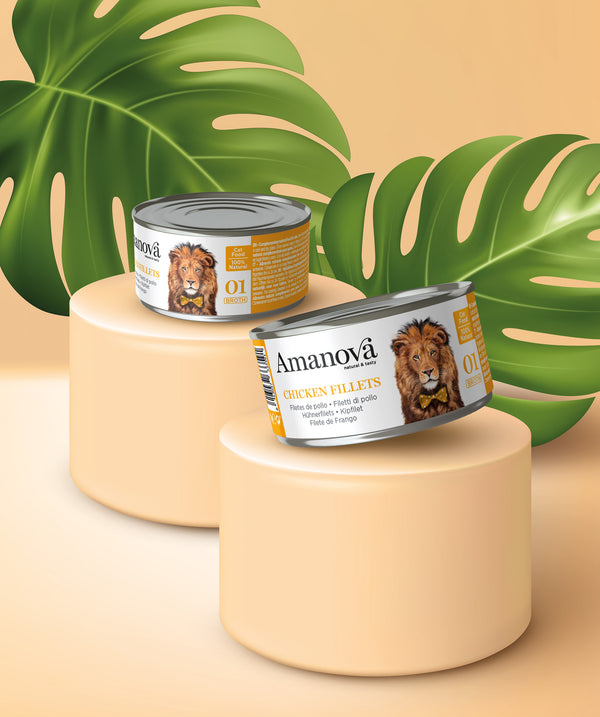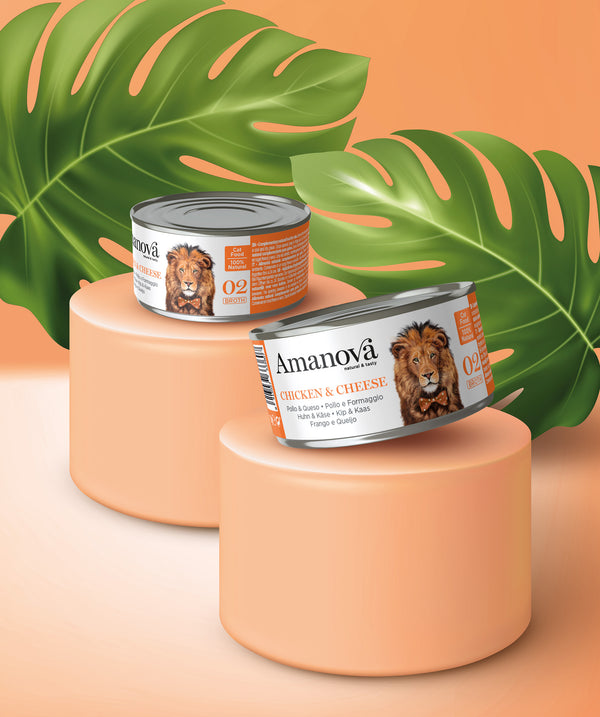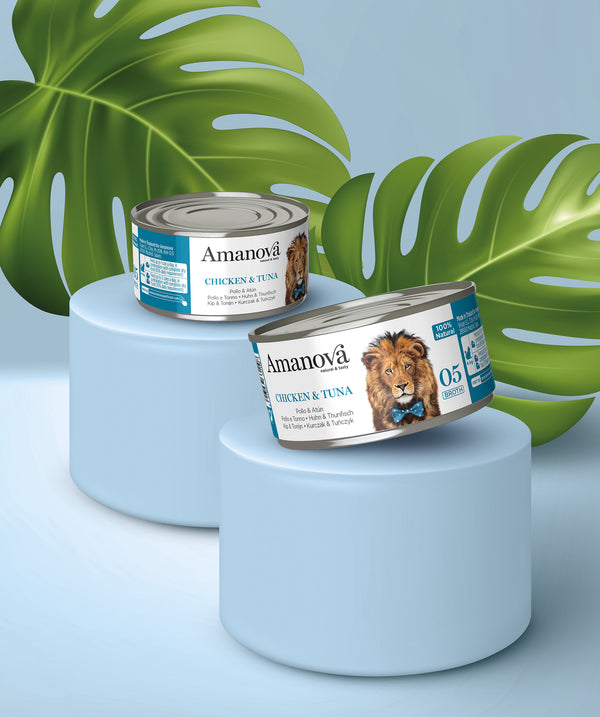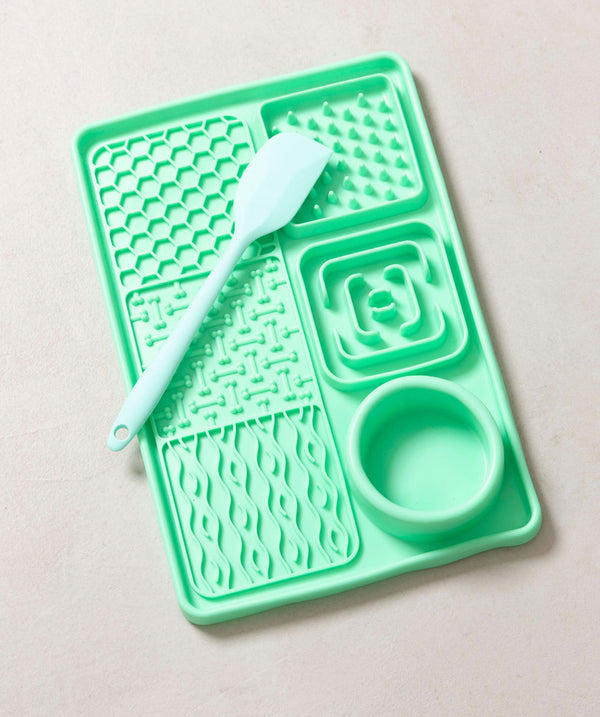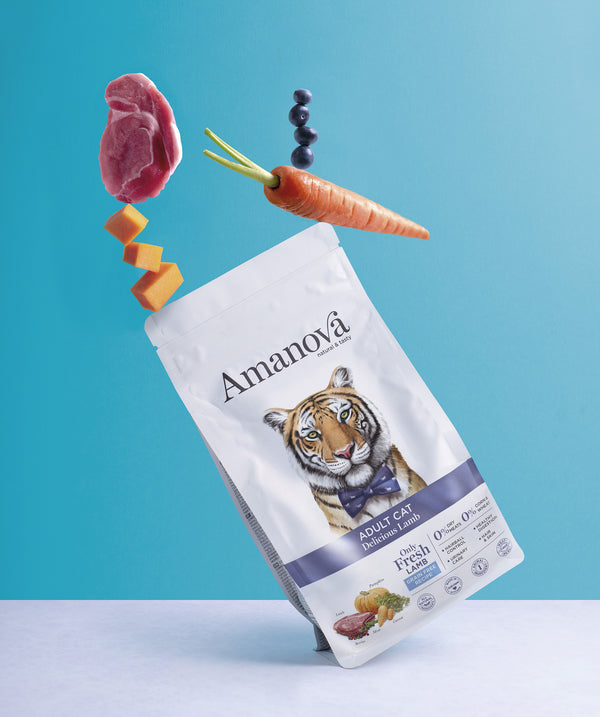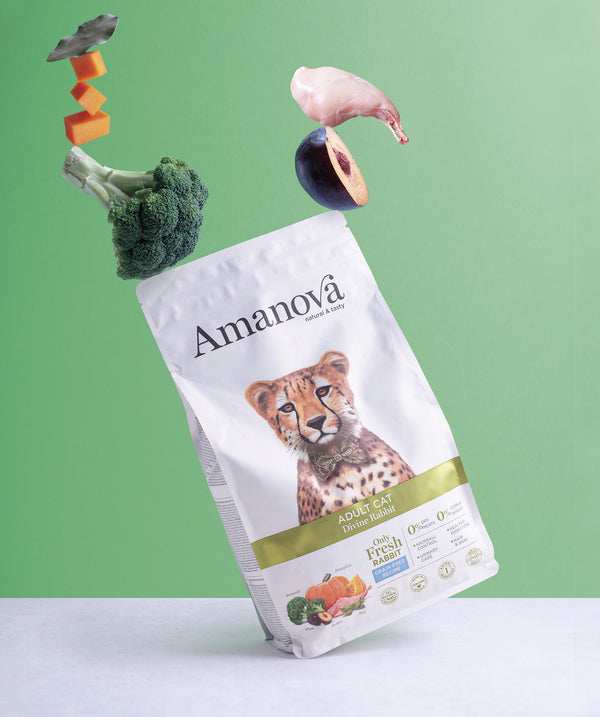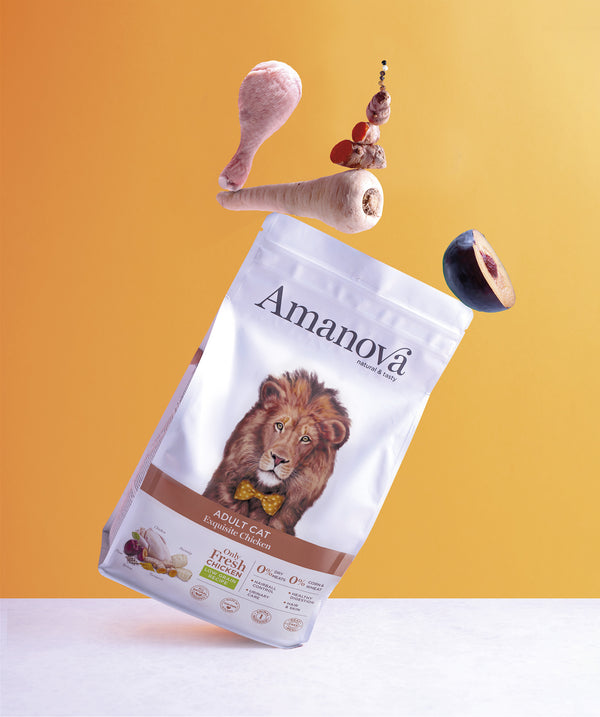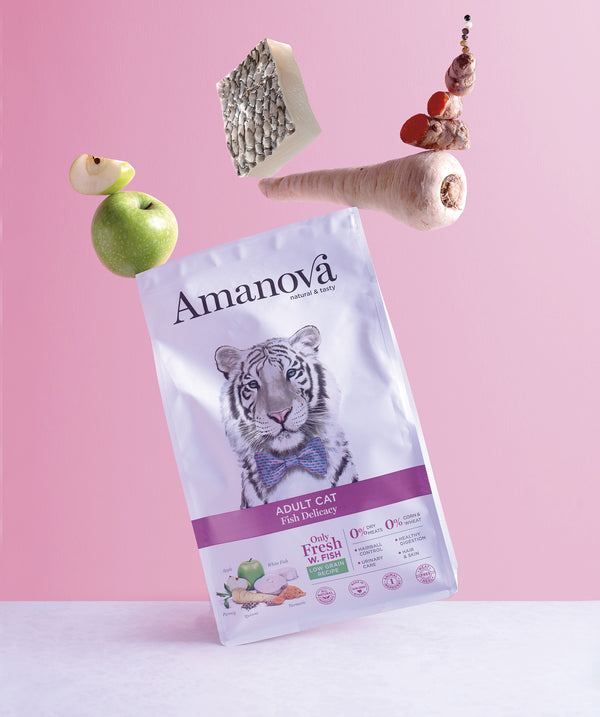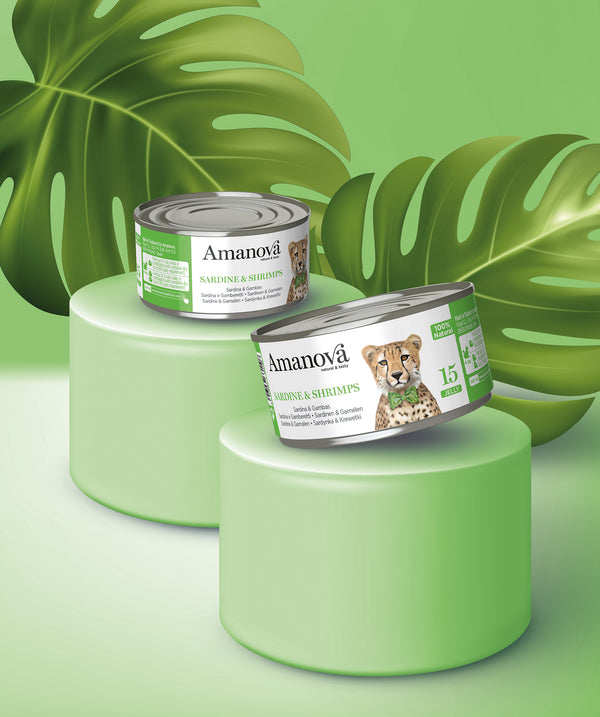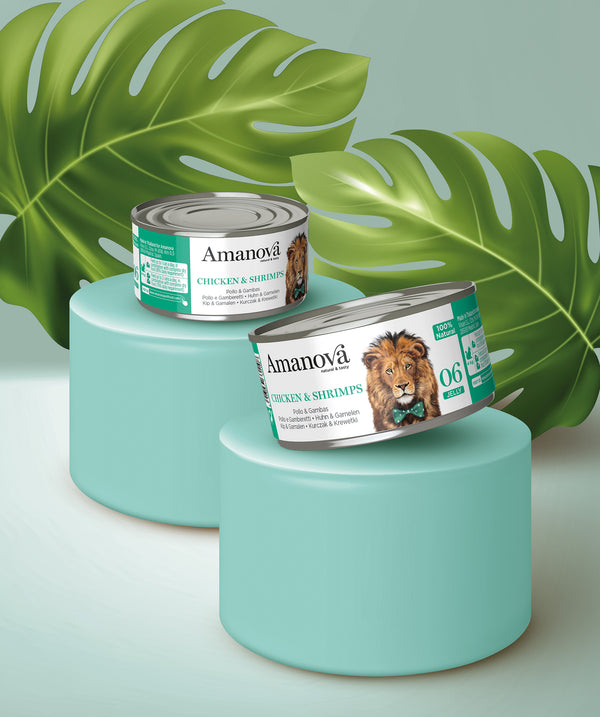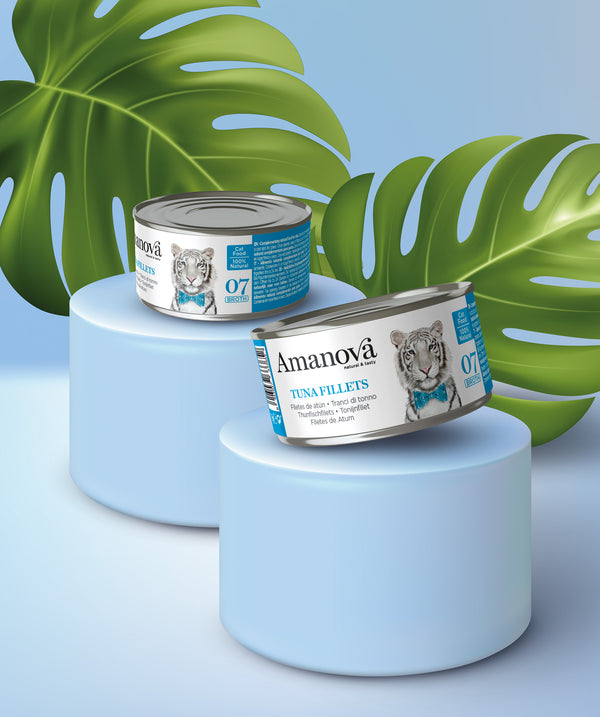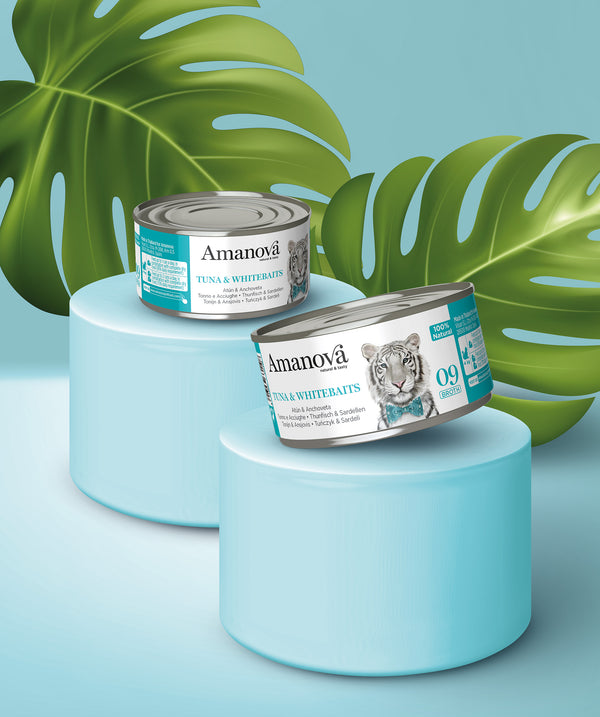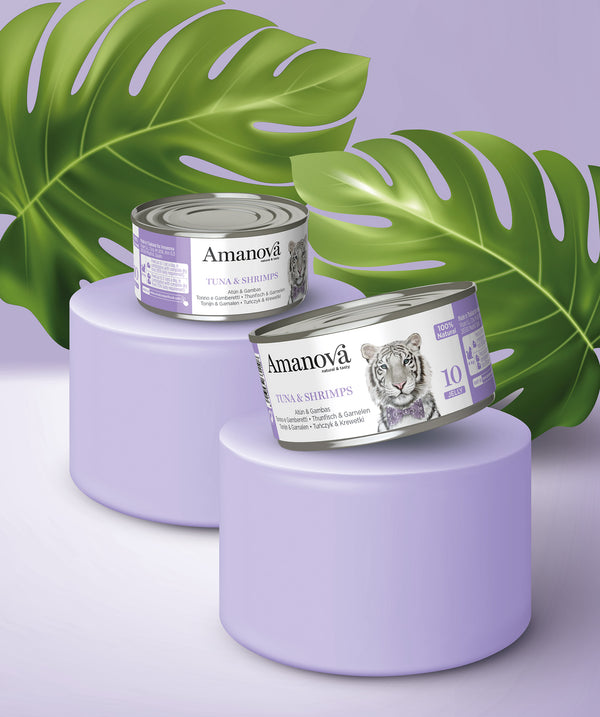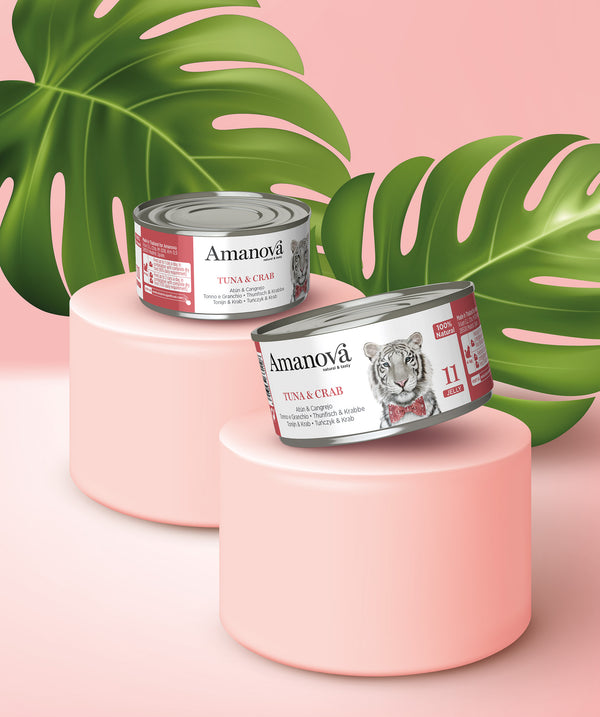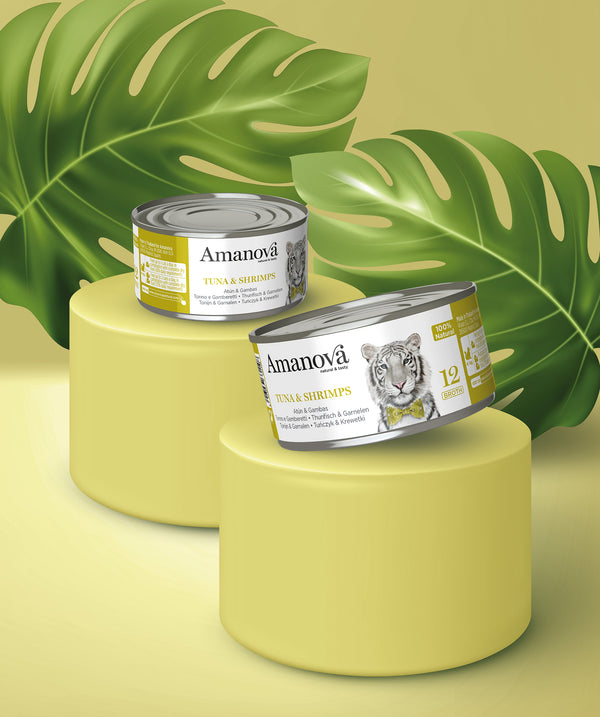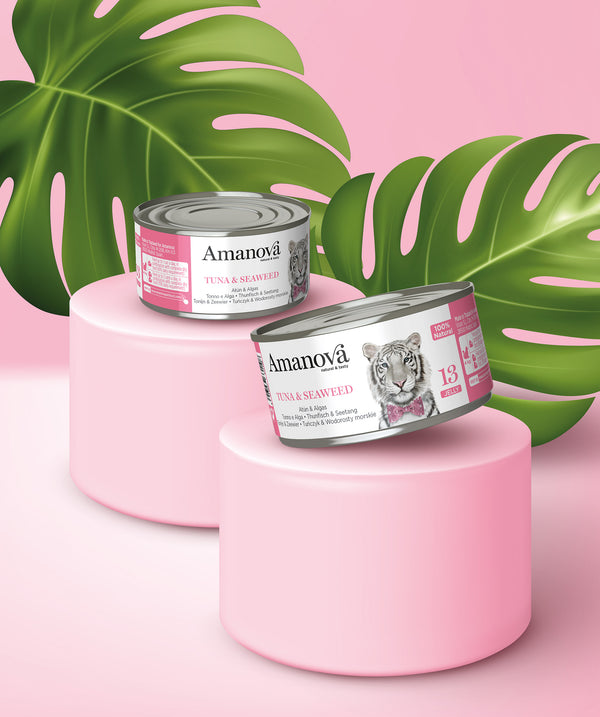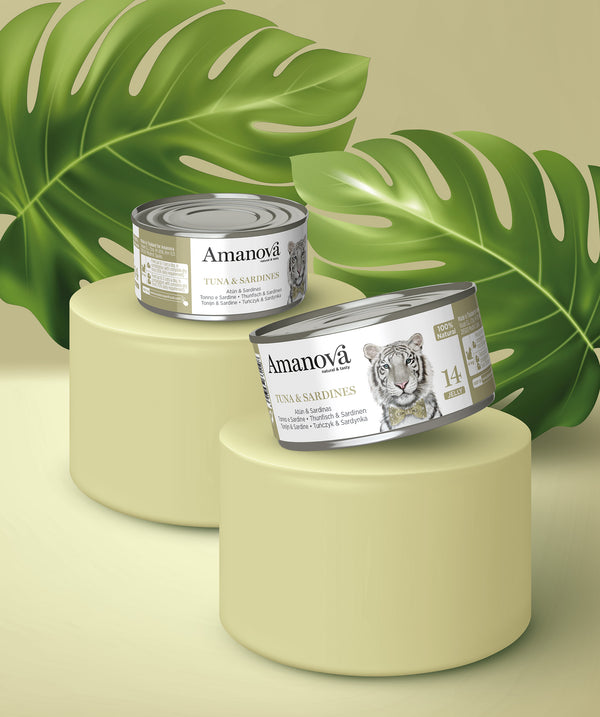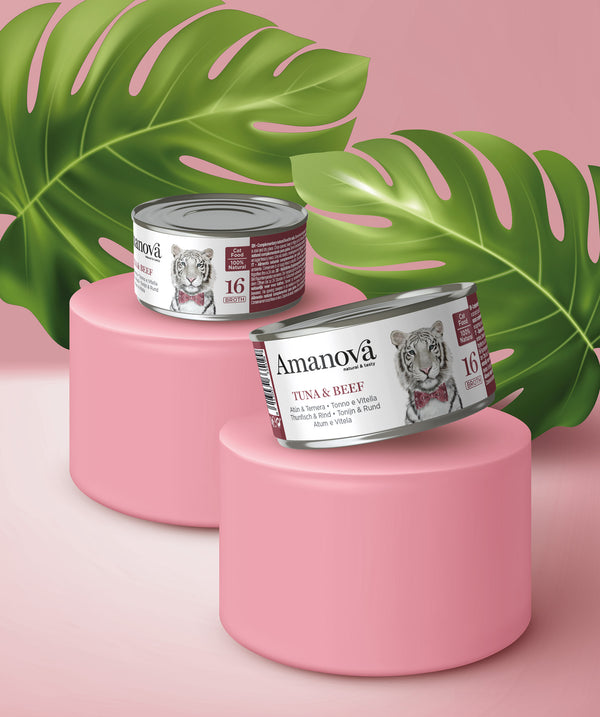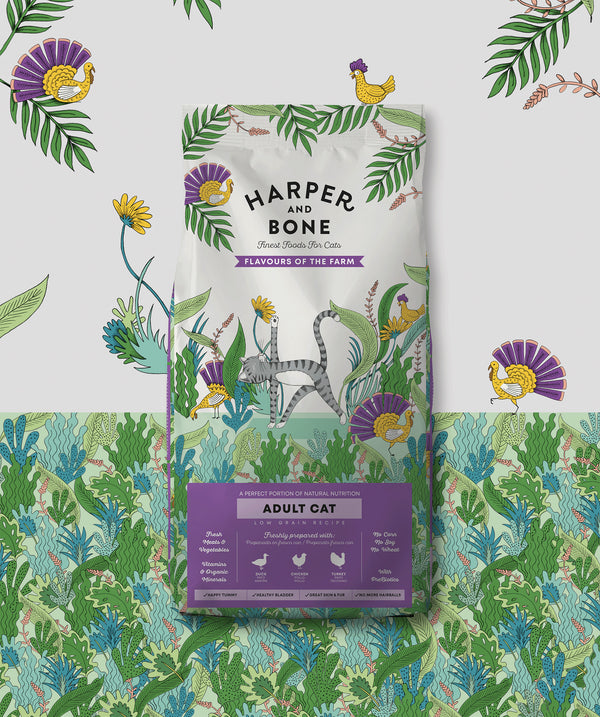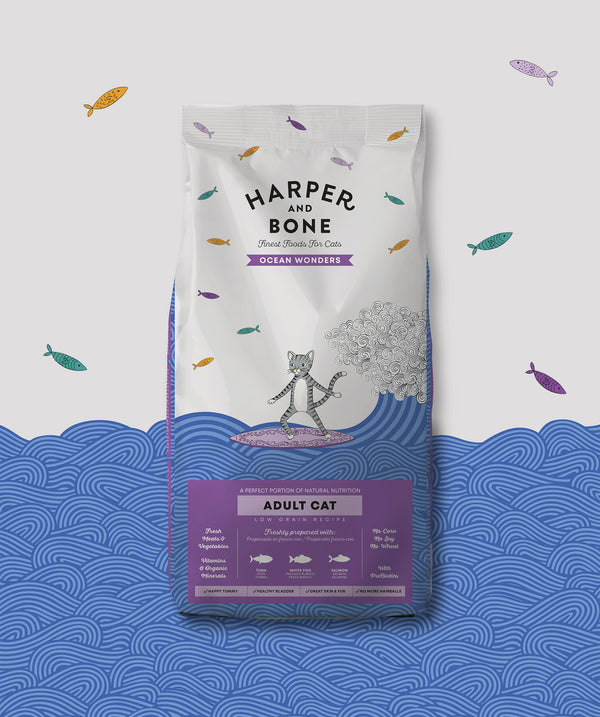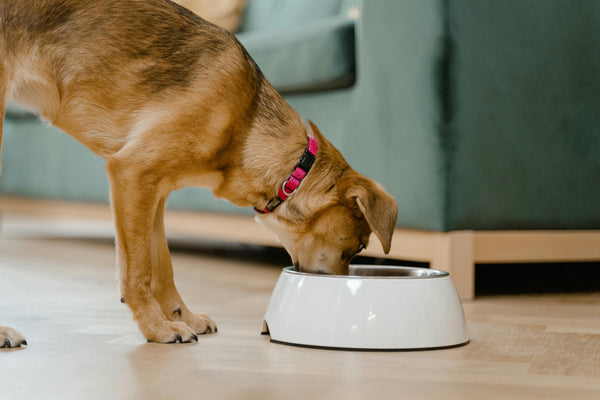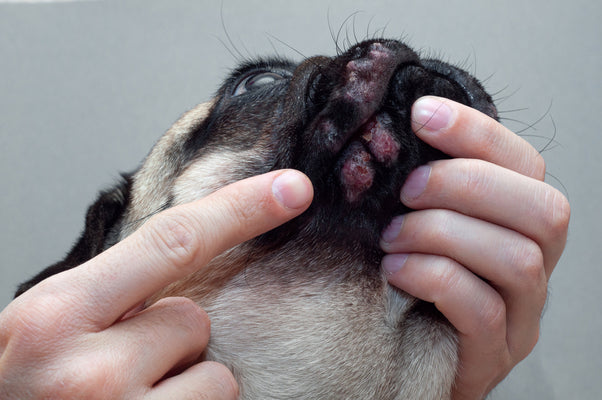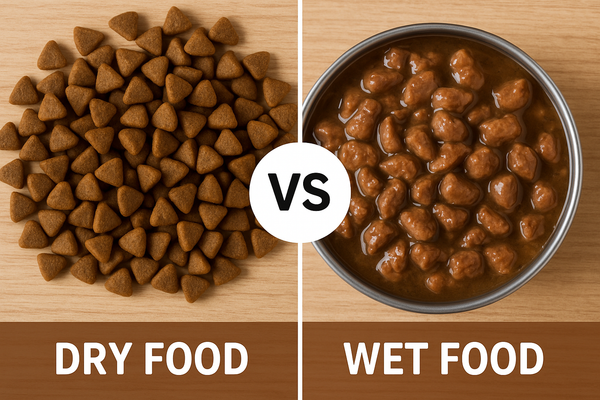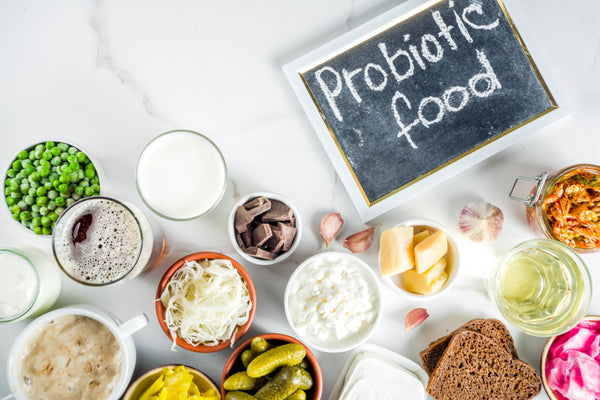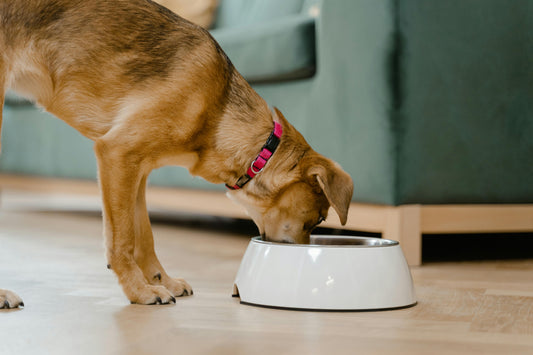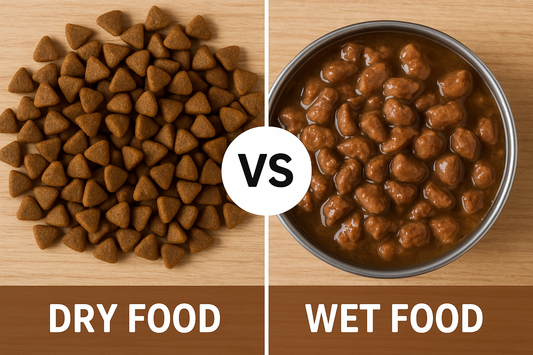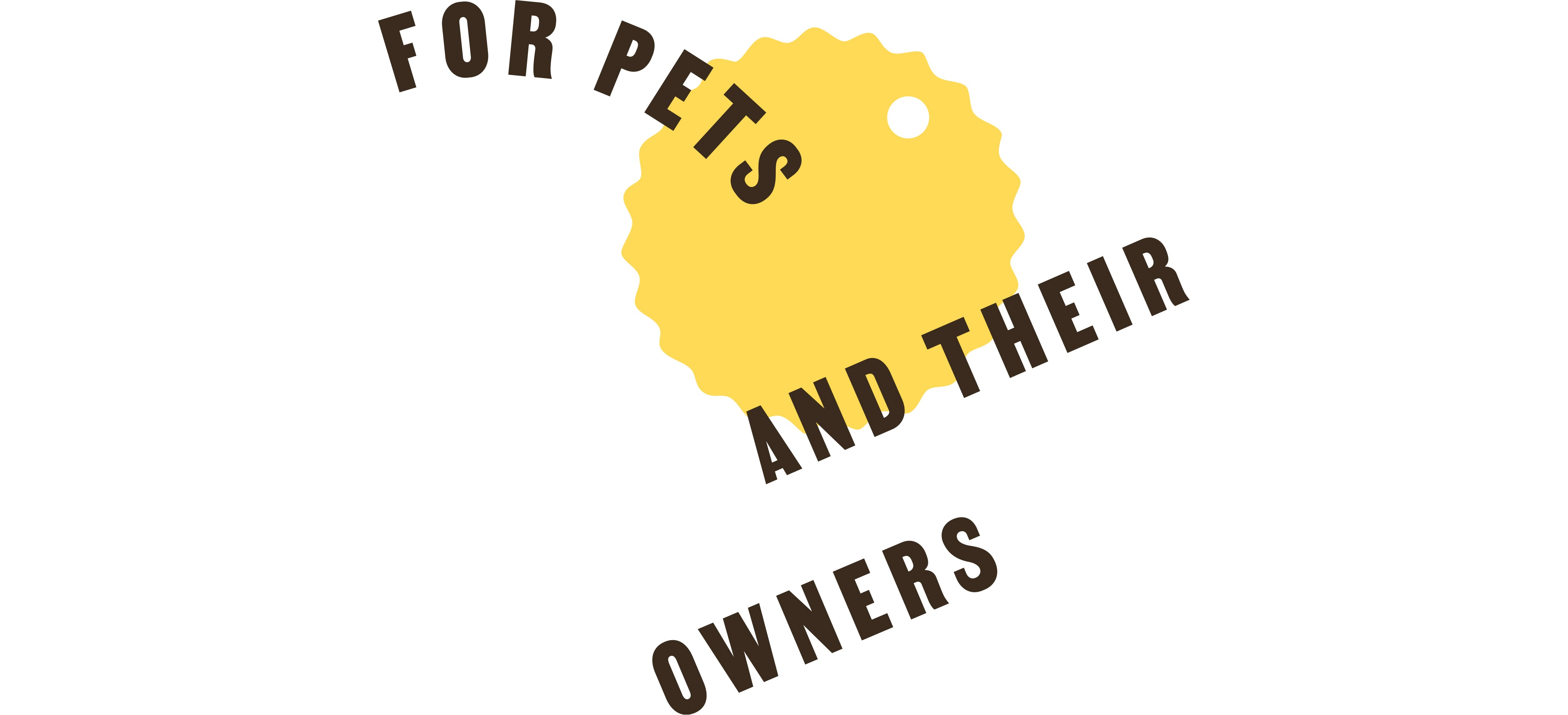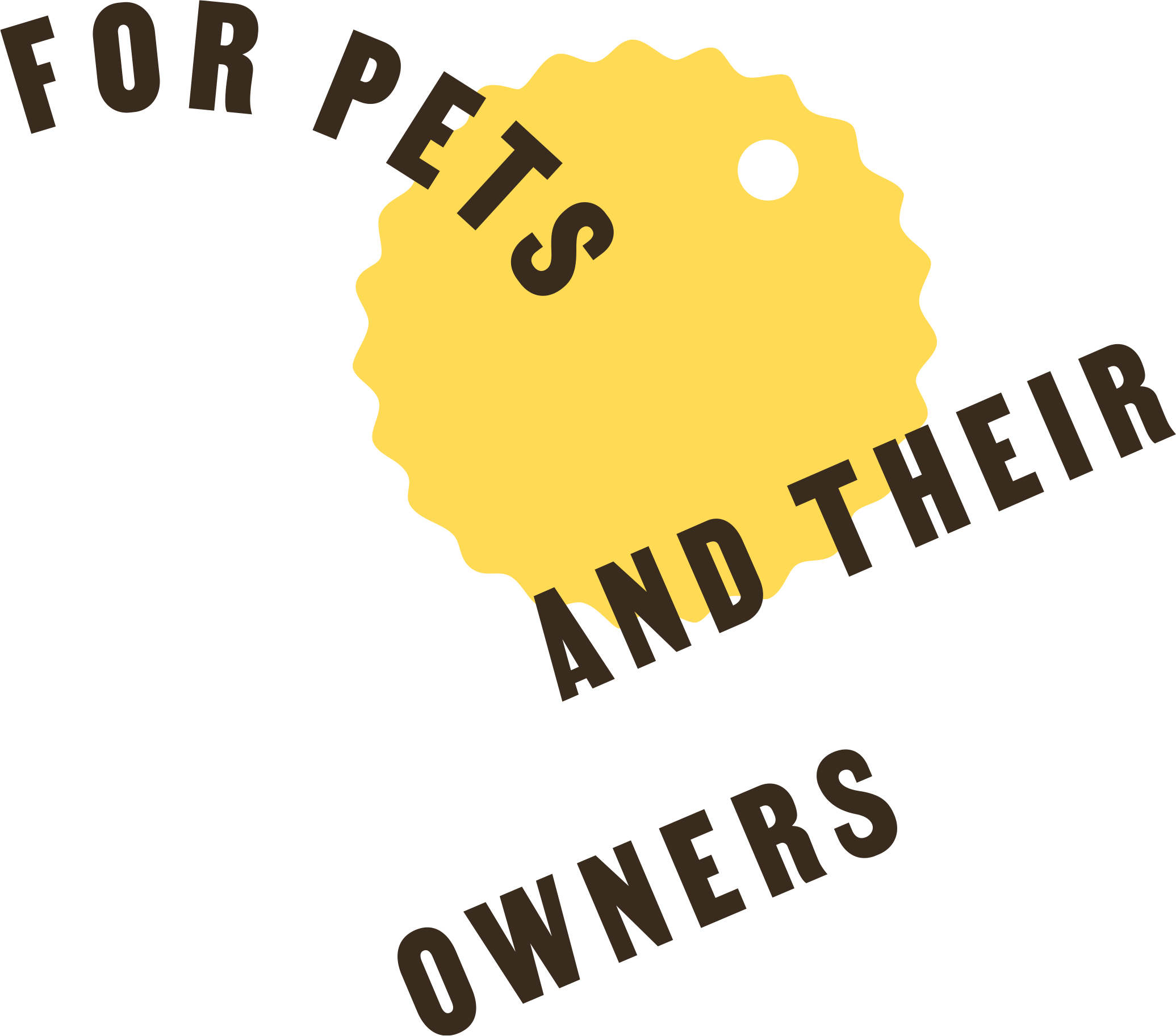Why has my dog vomited undigested food?
If your dog has vomited undigested food, you should pay close attention to the causes. When it occurs in an isolated and sporadic way, regurgitation in dogs is not a worrying symptom, but if it happens more than once, it is likely due to a more serious problem. Does your dog vomit whole food and you don’t know why? Below we explain the main reasons that cause regurgitation in our furry friends.
What is regurgitation and how is it different from vomiting?
Regurgitation is the vomiting of undigested food. It is an involuntary process that usually happens shortly after eating. Normally, the food appears intact, without the presence of bile and, often, with the tubular shape of the animal’s esophagus. It is important to distinguish between regurgitation and vomiting: they are different processes linked to different digestive system problems. When a dog vomits, it usually makes an effort to expel the food, which in these cases is half-digested and mixed with gastric juices.
My dog has vomited undigested food: main reasons
Has your dog vomited undigested food and you don’t know why? These are the main causes that lead to regurgitation in our four-legged companions:
Rapid food intake
The most frequent reason why a dog vomits whole food is fast and excessive eating. When this happens, the food cannot be processed properly and an overload occurs in the stomach, which needs to relieve itself by regurgitating the food. In these cases, regurgitation is often accompanied by white or yellow foam. If your dog eats too quickly, try giving smaller portions of food.
You can also use interactive feeders that force the dog to figure out how to get the kibble and dispense the food in small amounts. It is also important to ensure a calm and safe environment during meals. When a dog eats nervously or stressed, it is more likely to end up vomiting whole undigested kibble.
Esophageal obstruction
Another main reason for regurgitation in dogs is esophageal obstruction. This problem interferes with and blocks the normal passage of food which, since it cannot continue down the esophageal tube, comes back out. Esophageal obstruction is usually caused by ingesting a foreign object. If you think your four-legged companion has an object stuck in the esophagus, it is very important to take him to the vet immediately so he can examine and remove it.
Megaesophagus
When a dog vomits whole food, it is likely suffering from megaesophagus. This dilation of the esophagus, usually caused by a motility dysfunction, leads to excessive enlargement of the esophagus, which accumulates food without letting it reach the stomach. If the vet confirms that your pet has megaesophagus, they will recommend feeding it semi-solid food, placing the feeder in an elevated position and, in some cases, establishing drug treatment to stimulate esophageal motility.
Other causes of regurgitation in dogs
In addition to megaesophagus, there are other digestive tract diseases that can cause regurgitation in dogs, such as gastric torsion. On the other hand, sudden changes in diet also often cause the dog to vomit undigested food. That is why, if you decide to introduce a new food into your furry friend’s diet, it is essential to make the transition gradually so that his body can assimilate it in the best possible way.
Sometimes, the origin of the problem is not in the digestive process, but in the immediately preceding step. When a dog has dental problems, such as periodontitis, it cannot chew food properly due to pain and inflammation. If the food does not arrive sufficiently processed, the stomach is not able to assimilate it and ends up expelling it undigested.
What should I do if my dog vomits whole food?
If your dog has vomited undigested food, you should take him to the vet as soon as possible. Only a professional can establish an exact diagnosis and determine the most appropriate treatment for your loyal companion. In addition to following the vet’s instructions, make sure your dog always eats calmly and avoid the ingestion of large amounts of food in a short time. To do this, make sure your pet always eats in a safe environment and divide the daily portion of kibble into small meals.
On the other hand, we recommend the range of easy-to-digest dog food from Only Fresh. A natural, hypoallergenic and low-fat food to avoid allergies, intolerances and heavy digestion. You will find delicious recipes made with rabbit meat as the only animal protein source.
